-
Tax Deferral and Increased Cash Flow: One of the primary advantages of a 1031 exchange is the ability to defer capital gains taxes on the sale of an investment property. By reinvesting the proceeds into a like-kind property, investors can defer paying taxes on their capital gains, allowing them to preserve their investment capital and potentially increase their cash flow. The tax savings can be reinvested into a larger or higher-income-producing property, enhancing overall returns.
-
Portfolio Diversification and Growth: A 1031 exchange provides real estate investors with the opportunity to diversify their portfolios and explore new investment options. Investors can sell a property that no longer aligns with their investment goals and acquire a property in a different location or asset class. This flexibility allows for strategic portfolio growth and risk mitigation. Investors can capitalize on emerging markets or invest in properties with greater growth potential, all while deferring taxes.
-
Wealth Accumulation and Compound Returns: By deferring taxes through a 1031 exchange, investors can potentially accumulate more wealth over time. The capital gains taxes that would have been paid can be reinvested, compounding returns and generating greater long-term wealth. As investors continue to defer taxes through subsequent exchanges, the power of compound returns can significantly enhance their overall investment gains.
-
Property Upgrades and Enhancements: Another advantage of a 1031 exchange is the opportunity to upgrade or enhance investment properties. Investors can sell a property that has appreciated in value and reinvest in a higher-quality property or one with better income potential. This allows investors to improve the quality of their portfolio while deferring taxes, ensuring their investments align with their long-term objectives.
-
Estate Planning and Wealth Transfer: A 1031 exchange can also be a valuable tool for estate planning and wealth transfer. When property owners pass away, the tax basis of their investment properties is stepped up to the current market value, effectively eliminating any deferred capital gains taxes. This allows heirs to inherit properties with a higher cost basis, reducing their potential tax liability when they eventually sell the property.
Conclusion: The benefits of a 1031 exchange for real estate investors are significant and wide-ranging. By deferring capital gains taxes, investors can preserve and reinvest their capital, increase cash flow, and diversify their portfolios. The tax deferral allows for strategic portfolio growth and the potential for compound returns over time. Additionally, a 1031 exchange provides the flexibility to upgrade properties, enhance investment quality, and align with long-term objectives. Finally, it can serve as a powerful tool for estate planning and wealth transfer, ensuring a smooth transition of assets to future generations. Ultimately, a 1031 exchange is a valuable strategy that empowers real estate investors to optimize their portfolios, defer taxes, and achieve their financial goals.


 Facebook
Facebook
 X
X
 Pinterest
Pinterest
 Copy Link
Copy Link






